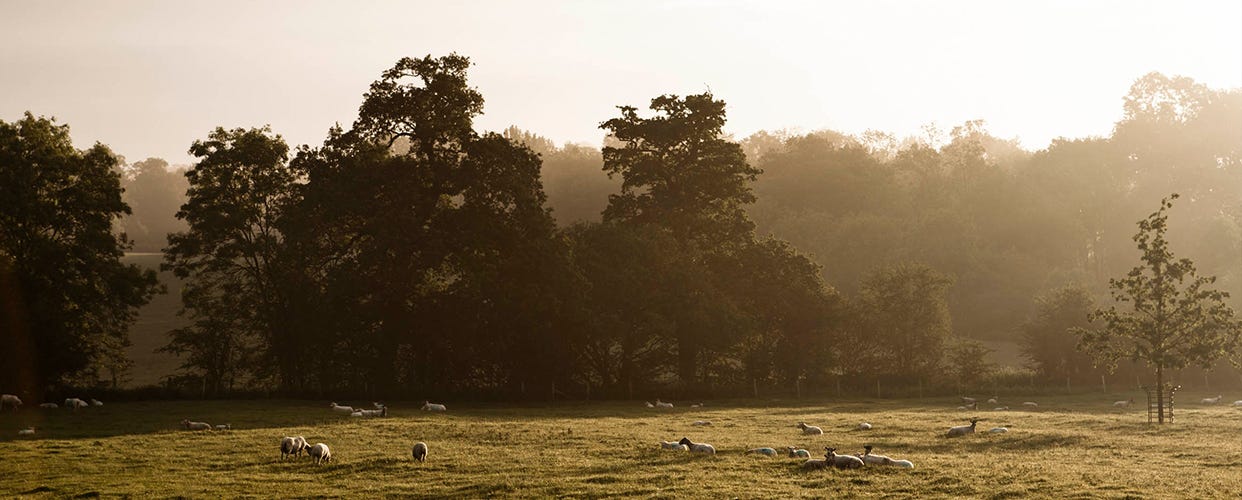
High hopes for COP27
A year after COP26, we share our reflections and hopes for COP27.
Day in, day out, every day of the year, farmers work tirelessly in all weathers, raising animals, nurturing crops and caring for the land.
Farming life may be relentless, but it is rewarding; farmers put food on our plates and act as the custodians of the countryside.
Our passion for farming goes beyond the way we raise our animals and care for our land; we also want the key issues facing farmers to be at the forefront of global discussions, in order to bring about real change.
With the twenty-seventh Conference of the Parties (COP27) coming up this weekend, we are looking forward to more urgent conversations and tangible action by governments around the future of food and farming.
What we liked and didn’t like from COP 26
The main success of the COP26 UN climate summit in November 2021 was the agreement by attending nations on the Glasgow Climate Pact, which states carbon emissions must fall by 45% by 2030 to limit global warming to 1.5 °C. Last year’s summit was also the first time fossil fuels were explicitly called out in any COP, with nations urged to reduce coal power and subsidies for fossil fuels.
Another important pledge was more than 130 nations, representing 90% of the world’s forests, agreeing to halt and reverse deforestation by 2030, while more than 100 nations pledged to cut 30% of methane emissions by 2030.
However COP26 did not deliver on all its promises, with key issues around food, farming and waste not high enough up the agenda. There was also a failure to make significant progress on climate finance and phasing out, and not just reducing, the use of coal.
What we’re hoping to see
COP27 is set to include a whole day dedicated to agriculture, another on biodiversity and one on youth and future generations and we are looking forward to seeing these conversations translate to government actions.
In terms of agriculture, British farmers need the support of the government to increase food production and food security in this country. We chose nature-based, organic regenerative agriculture at Daylesford because we believe this has a key role to play in tackling climate change. We understand that organic farming may not work for everyone, so we would like to see more done to encourage sustainable and productive British farming which is kind to nature and looks after our soil.
Regarding biodiversity, we would like to see progress on sustainable farming initiatives and incentives that encourage healthy soils, thriving wildlife and robust habitats to help protect and enhance our natural environment.
As for future generations, investing in young people means they will grow up with an understanding of nature and the importance of farming in a responsible way – which is why we have hosted over 450 children from local schools for workshops at our farm in the Cotswolds this year.
While COP27 will not address UK policy directly, we hope those attending from the UK return with a renewed sense of urgency and dedication to support farmers, which will translate to incentives and policies to support more sustainable farming.
Let’s hope this weekend heralds the start of the change we so desperately need to happen.
